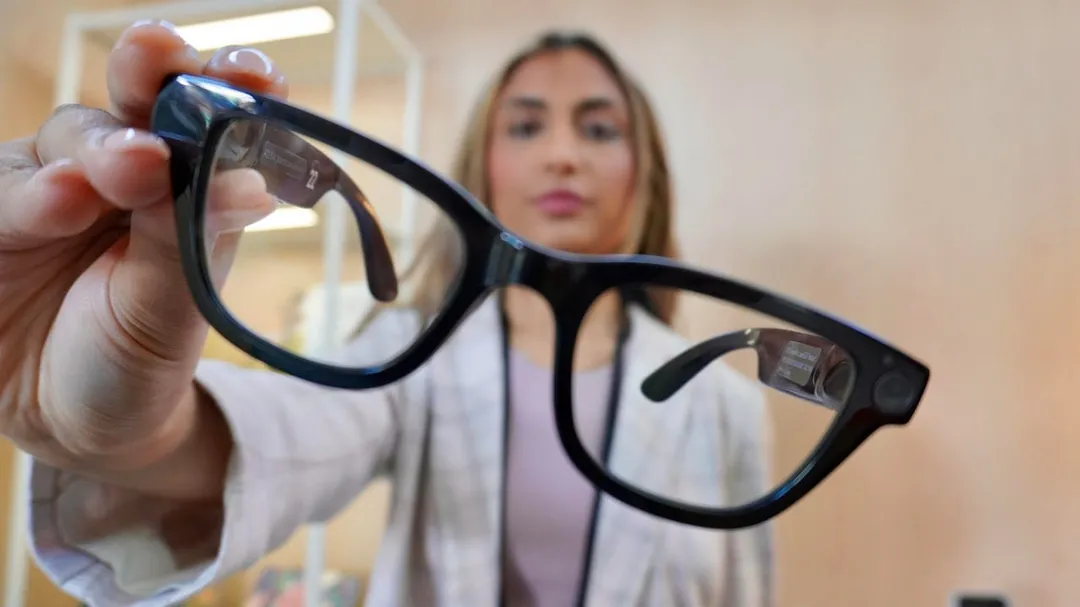
Google’s Android XR Glasses: A Second Chance at Wearable Tech Domination?
Remember Google Glass? Sergey Brin himself admitted it was a misstep. But Google isn't giving up on the dream of wearable computing. At Google I/O, they unveiled prototype Android XR glasses, and the buzz is intense. But will these be different? Will they avoid the pitfalls of their predecessor and become the next must-have gadget?
The core idea remains the same: blending the functionality of smartphones with the form factor of eyeglasses. Incorporating technology such as speakers, microphones, sensor arrays, wireless chips, batteries, and miniature displays.
The potential is vast. Imagine having real-time information overlaid on your vision – translations, object identification, order placement – all without lifting a finger. Jason Aten, an Inc. tech columnist, described experiencing the prototype as "seeing the future."

Meta's Ray-Ban smart glasses have already shown that there's a market for simpler, camera-equipped eyewear, selling over two million units. Even Apple, known for its design and user experience, is reportedly working on more accessible glasses-like devices after its initial, high-end Vision Pro headset.
So, what makes Google's new device potentially game-changing? According to those who have experienced them, two key elements stand out: design and AI.
Technology has advanced significantly since the original Glass. More processing power can be packed into smaller spaces, resulting in a sleeker design. Partnering with brands like Warby Parker and Gentle Monster signals a commitment to aesthetics. These glasses should look good while giving full functionality to users.
The AI revolution is the second major factor. Google's AI capabilities are far more advanced than when Glass was first released. Live language translation demos at I/O highlighted the potential. Moreover, consider the possibilities with generative AI, allowing for seamless shopping, production line assistance, and more, all hands-free and visually guided.
One ZDNET reviewer who has used Meta Ray-Ban glasses, noted Google's offering is lighter and offers in-lens display to see results after taking a photo or interacting with the AI.
Plus, social acceptance of wearable tech is growing. We're becoming accustomed to seeing people with earbuds and interacting with AIs in everyday life. This may pave the way for broader acceptance of smart glasses.
Android XR seems positioned to be a significant evolution in wearable technology when combined with Gemini AI. What do you think? Will you embrace Android XR glasses when they become available? Share your thoughts in the comments below.